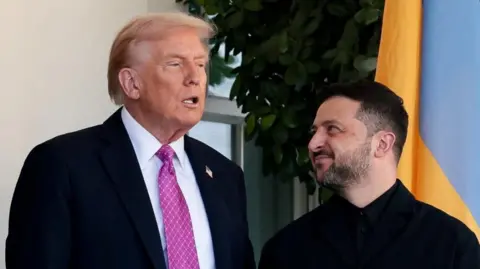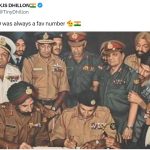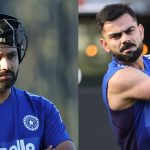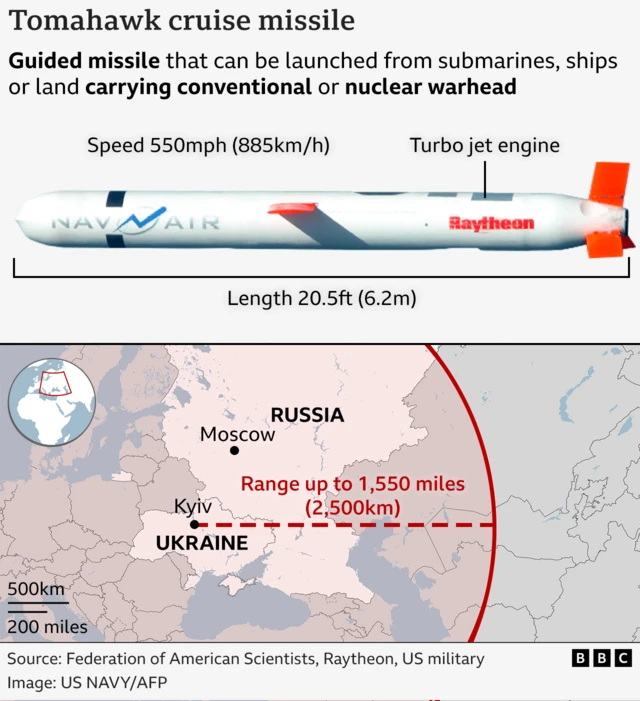 Reuters
ReutersOne word sticks out in the Ukrainian leader’s description of his latest high-stakes foray into the nerve-centre of American power.
His White House conversation with President Donald Trump, Volodymyr Zelensky wrote on X, was “pointed”.
But we don’t need to parse his semantic description of the exchange to know that this was not the meeting that the Ukrainian side had been expecting.
If the old British adage holds true that a week is a long time in politics, then Zelensky appears to have set a new record.
A short transatlantic flight, it seems, is now an age.
As they set off for Washington on Thursday, the Ukrainian side was in high spirits.
Listen to the words of Ruslan Stefanchuk, the speaker of Ukraine’s parliament – effectively the country’s second in command – and a politician fiercely loyal to Zelensky.
In an interview with the BBC shortly before the president’s plane took off, Stefanchuk described the trip as a “very important historical moment”.
The meeting, he said, would leave the world in no doubt that Trump “finally understands that Putin is a liar, he can’t be trusted, and actions are needed to stop the war”.
And, he appeared to suggest, the crucial question for Ukraine – whether Trump would agree to its use of American long-range Tomahawk missiles – was close to being “solved”.
But it was as Zelensky’s flight was in the air that news of the two-and-a-half-hour Trump-Putin phone call began to emerge and, before its wheels were even on the Washington tarmac, we had the announcement that another summit between the two was in the offing.
The Ukrainians descended the steps, to be met with a low-key American greeting, and with their optimism, like a piece of waylaid luggage, lost somewhere enroute.
Just a few weeks ago, the US president appeared to be running out of patience with Russian President Vladimir Putin, suggesting he thought he might be stringing him along, that his continuing attacks on Ukraine were “crazy” and that he was growing “very angry” with him.
But Friday’s meeting confirmed that the sense of frustration was gone.
“I think he wants to make a deal,” Trump said, and then proceeded to repeat some of his old talking points, framing the conflict as, in essence, a personal gripe between two leaders.
“There’s a lot of bad blood,” he said.
Zelensky has learned from bitter experience that there are great risks in being seen to challenge Trump inside the walls of the White House.
And so, the underlying tension was – once again – palpable as Trump, his secretary of state, the war secretary and treasury secretary looked on sternly, while prominent members of the MAGA (Make America Great Again)-leaning media clustered around the back of his chair.
As expected, Zelensky was careful to offer effusive praise for the host’s prowess as a peacemaker and to repeatedly express his gratitude.
Flattery is the currency of diplomacy in Washington nowadays.
But Zelensky also made it clear he did not share Trump’s apparent confidence that Russia is acting in good faith.
“We understand that Putin is not ready,” he said.
The outcome, though, appears to have been a foregone conclusion.
Trump ended the day insisting that the war should simply be frozen on the existing battle lines and both sides should simply “go home to their families”.
For Ukraine and its allies, the conflict is not a personal dispute but a war of aggression being fought by an authoritarian state, with imperial ambitions, against a European democracy.
Ukraine wants the US Tomahawk missiles to help it pressure Putin into genuine negotiations, and it wants US security guarantees to make sure he is forced to abide with any future peace settlement.
Zelensky left the White House without either of those things.
What do Ukrainians think of it all?
In a suburb of Kyiv, recently hit by two Russian missiles, I spoke to some of the residents still working to repair the damage to their homes and businesses.
I asked Volodymyr Tsepovatenko – still busy fixing windows that were blown out of the small shop he owns – for his views on where Ukraine stands after the latest White House meeting.
“If we make a peace deal now,” he told me, “Russia will start to prepare a new more professional war against Ukraine, or maybe other countries.”
“I see one way for our safety and it’s to destroy the possibility of Russia occupying or fighting any country in Europe.”
Ukraine needs to keep fighting, he said.
Oleksandr Vilko’s car was destroyed by the blast wave when the missiles struck. He is not too worried, he says, about the decision on the Tomahawks.
“The only power who decides what’s going to be next is our army,” he told me.
While Ukraine is grateful for any assistance provided so far, he said, it was Washington’s sovereign right whether or not to give Ukraine its own long-range missiles to fight back.
But with or without them, Ukrainians would fight on, he said.
“It’s almost the fourth year of the war with the biggest country in the whole world,” he said.
“And still we survived.”









